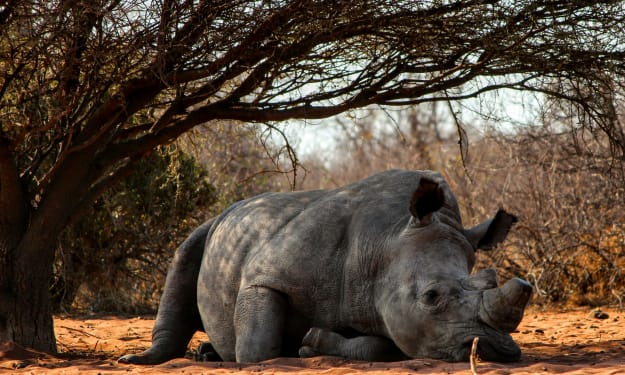The Internetless Future: How Will We Adapt in 2050?
Introduction Communication Economy Education Entertainment Emergency Response conclusion

Introduction:
The internet has become such a vital part of our daily lives, it is hard to imagine life without it. From communication to entertainment, education, and even basic necessities like banking and shopping, the internet has revolutionized the way we live and interact with the world.
However, as we look towards the future of 2050, it is important to consider the possibility of a world without the internet and how we would adapt. The loss of the internet could happen due to a variety of reasons, such as a catastrophic natural disaster, a cyber attack, or even an intentional shut down. Whatever the cause, the impact on our daily lives and society as a whole would be significant.
Communication:
Without the internet, social media, email, and instant messaging would no longer be available. This would make it much harder to stay in touch with friends and family, leading to a resurgence of traditional forms of communication such as letters and phone calls. However, these methods are much slower and less convenient than the instant communication we have grown accustomed to.
To adapt to this, we could invest in more robust communication infrastructure, such as satellite and shortwave radio networks. Additionally, we could encourage the use of alternative communication methods, such as amateur radio and CB radio, which operate independently of the internet.
Economy:
Online shopping and e-commerce would no longer be possible, greatly affecting businesses that rely on the internet for sales. Additionally, the stock market and other financial systems would be severely disrupted, making it difficult for businesses and individuals to function.
To adapt to this, we could focus on promoting and supporting local businesses, which would not be as heavily impacted by the loss of the internet. Additionally, we could also invest in alternative forms of currency, such as bartering systems and local currencies, which would function independently of the internet.
Education:
Online classes, digital textbooks, and online research resources would no longer be available, making it more difficult for students to access education and for teachers to provide effective instruction. This would also widen the gap in education, especially for people living in remote areas with no access to physical resources.
To adapt to this, we could focus on building stronger offline education systems, such as investing in physical libraries and developing educational programs that don’t rely on the internet. Additionally, educational institutions could focus on developing curriculum that emphasizes hands-on learning and critical thinking skills, which would be valuable in a post-internet world.
Entertainment:
Streaming services, online gaming, and social media would no longer be available. This would likely lead to a resurgence of traditional forms of entertainment, such as books, movies, and board games. However, the lack of access to a wide variety of entertainment options would be a major inconvenience for many people.
To adapt to this, we could focus on developing and promoting local forms of entertainment, such as community theater and live music performances. Additionally, we could encourage more people to take up hobbies and crafts that don’t require the internet, such as painting, photography, and gardening.
Emergency Response:
The internet plays a crucial role in emergency response and disaster management. The loss of the internet would.
conclusion:
The internet has become an essential part of our lives, and its loss would have a profound impact on society. Communication, economy, education, entertainment, and emergency response would all be greatly affected. However, by investing in alternative forms of communication and energy, preparing for a world without the internet by increasing knowledge and skills, and considering the societal and ethical implications of a world without the internet, we can adapt and create a resilient future.
It's important to remember that the internet is not an end in itself but a tool and as such we should be prepared for different scenarios. We should start thinking and taking actions now to secure a better future, whether the internet is present or not.
About the Creator
Enjoyed the story? Support the Creator.
Subscribe for free to receive all their stories in your feed. You could also pledge your support or give them a one-off tip, letting them know you appreciate their work.





Comments
There are no comments for this story
Be the first to respond and start the conversation.